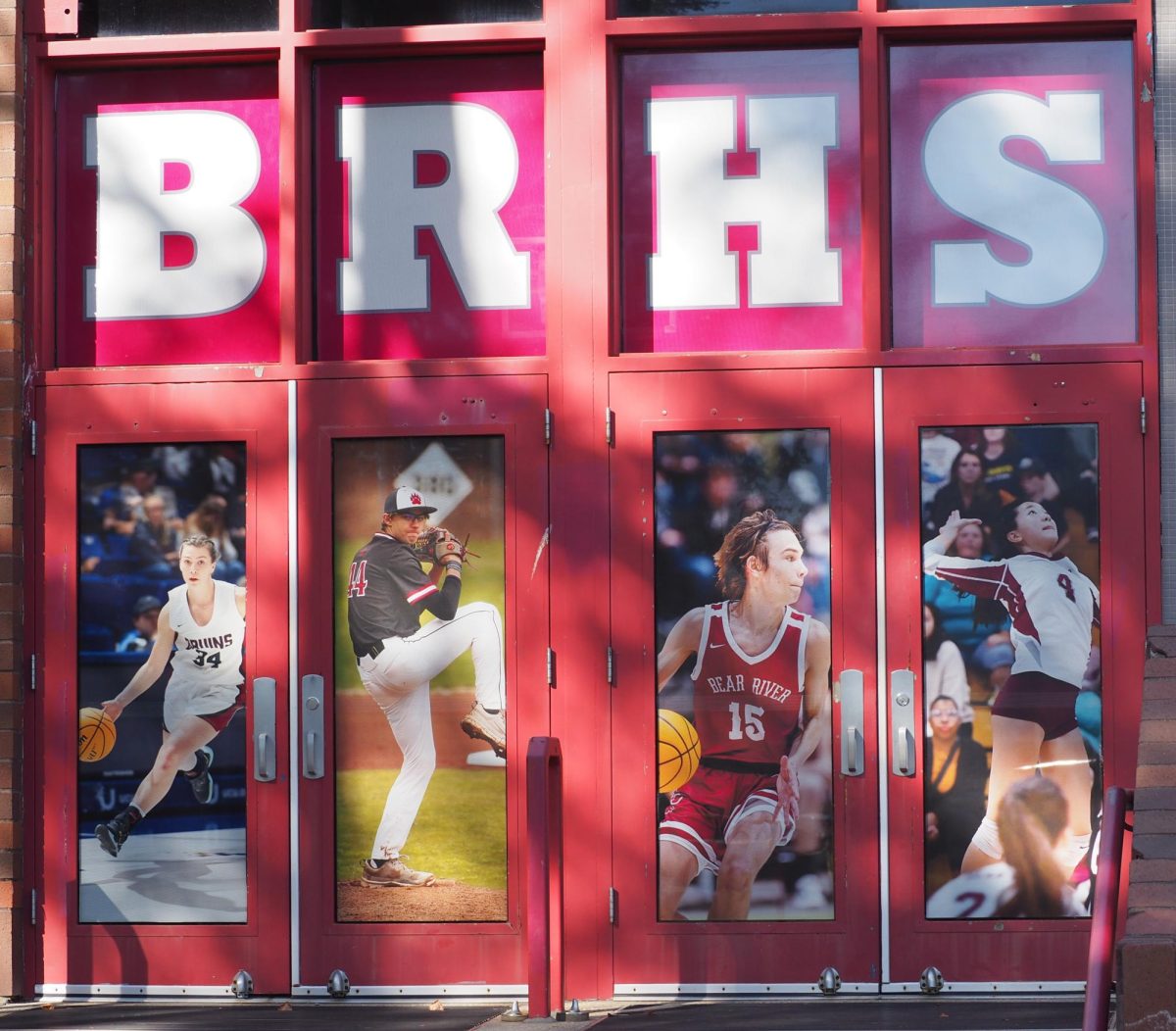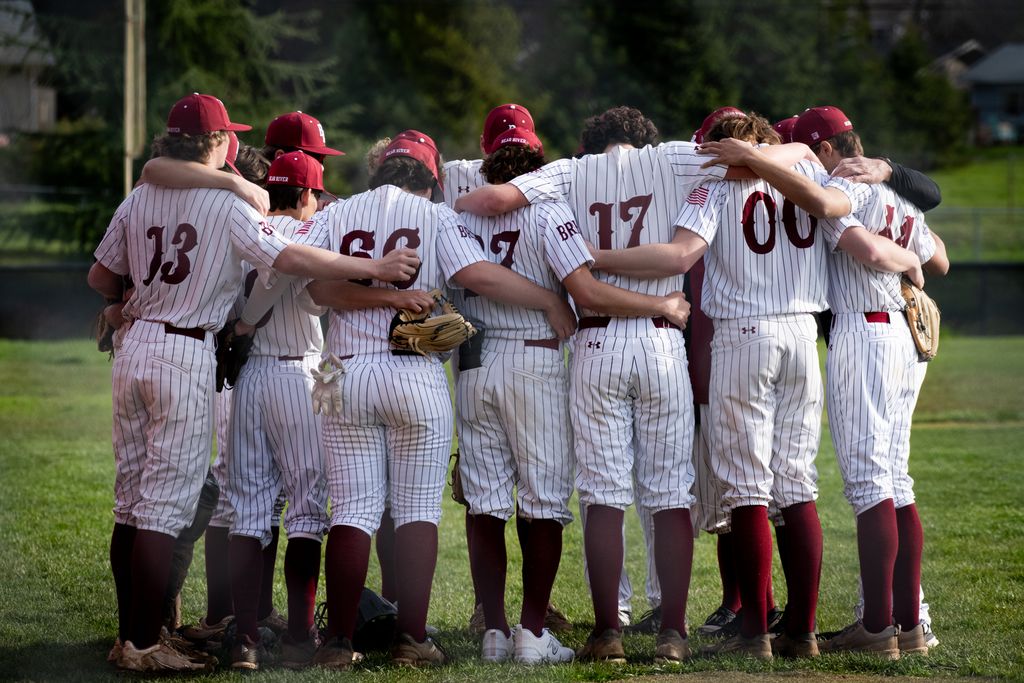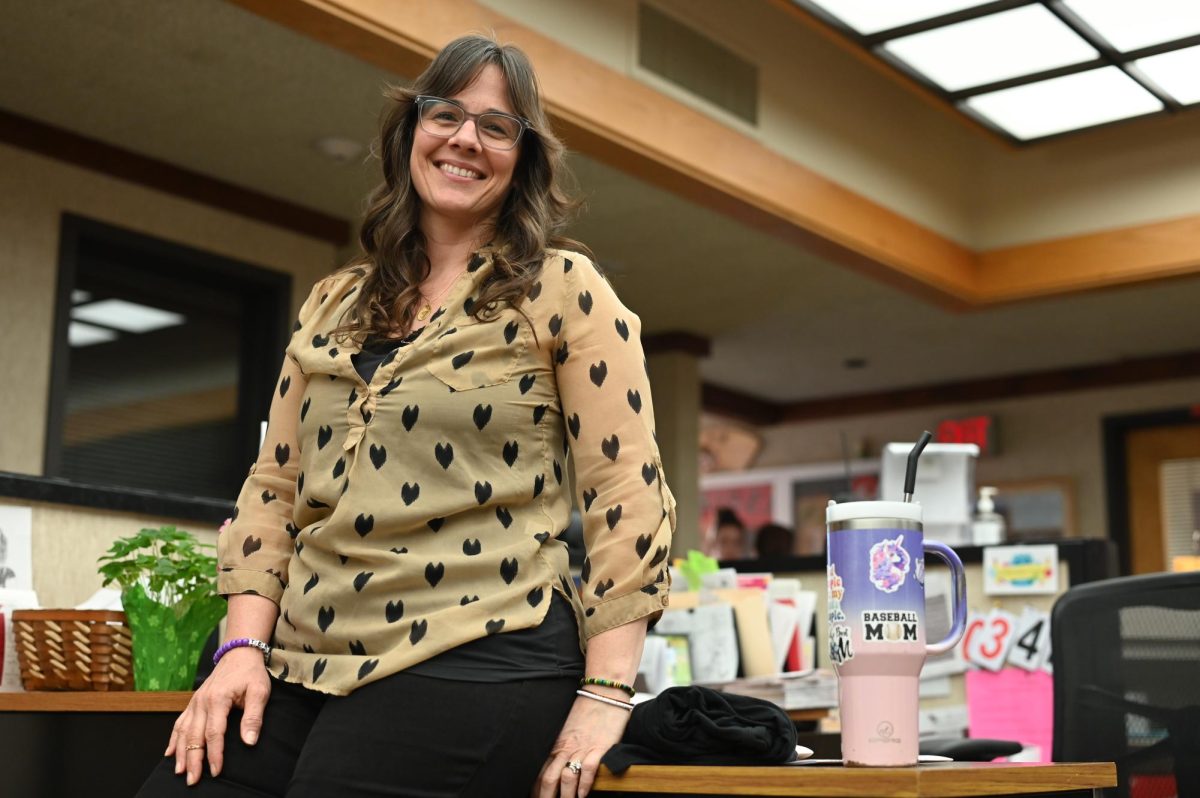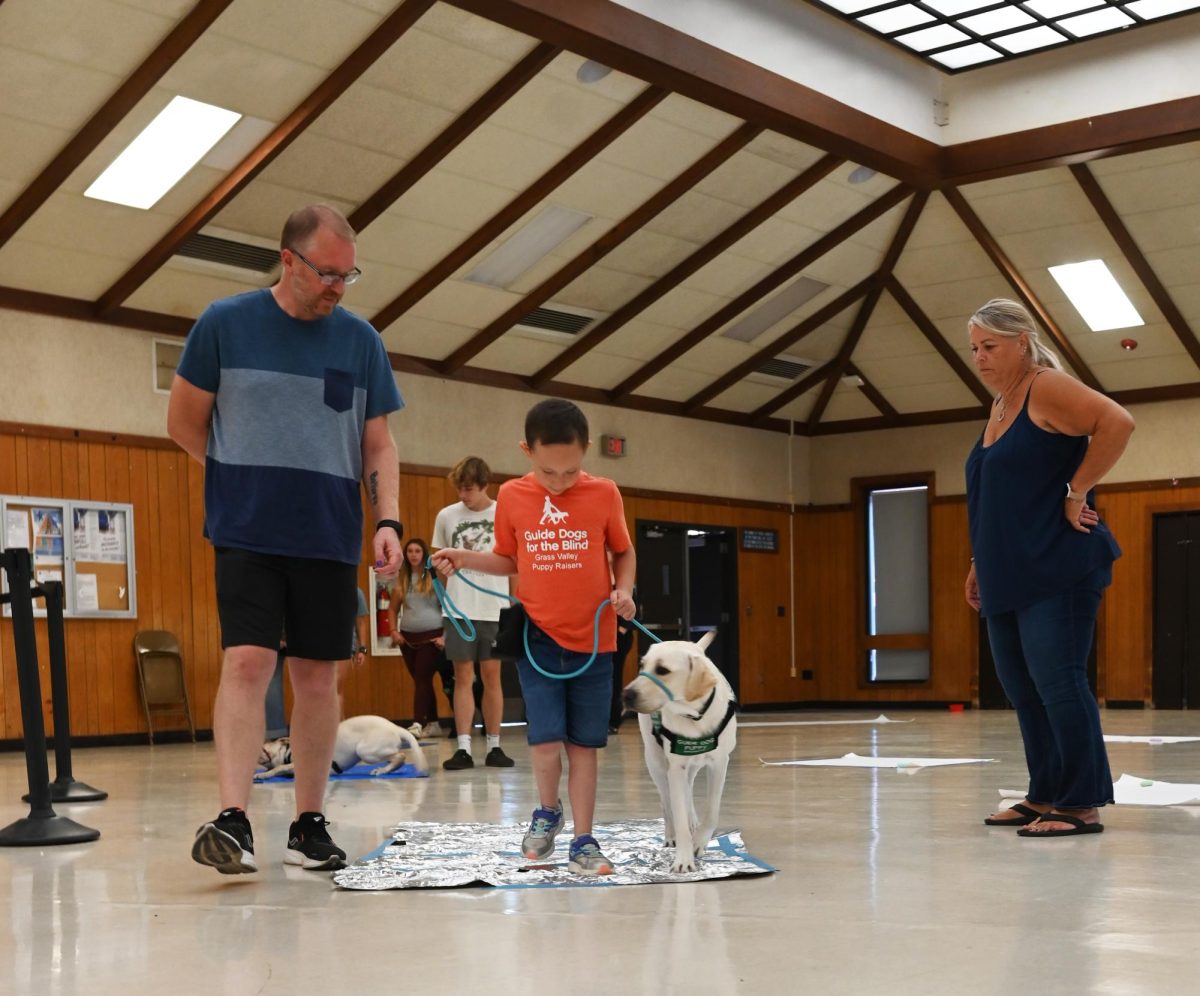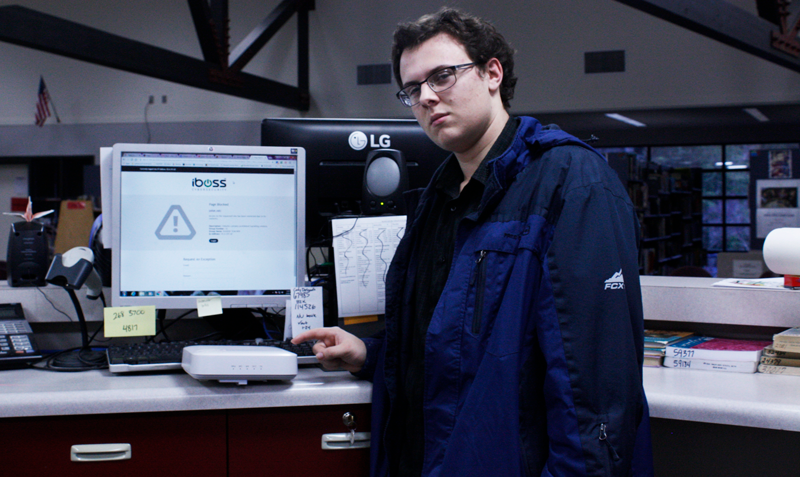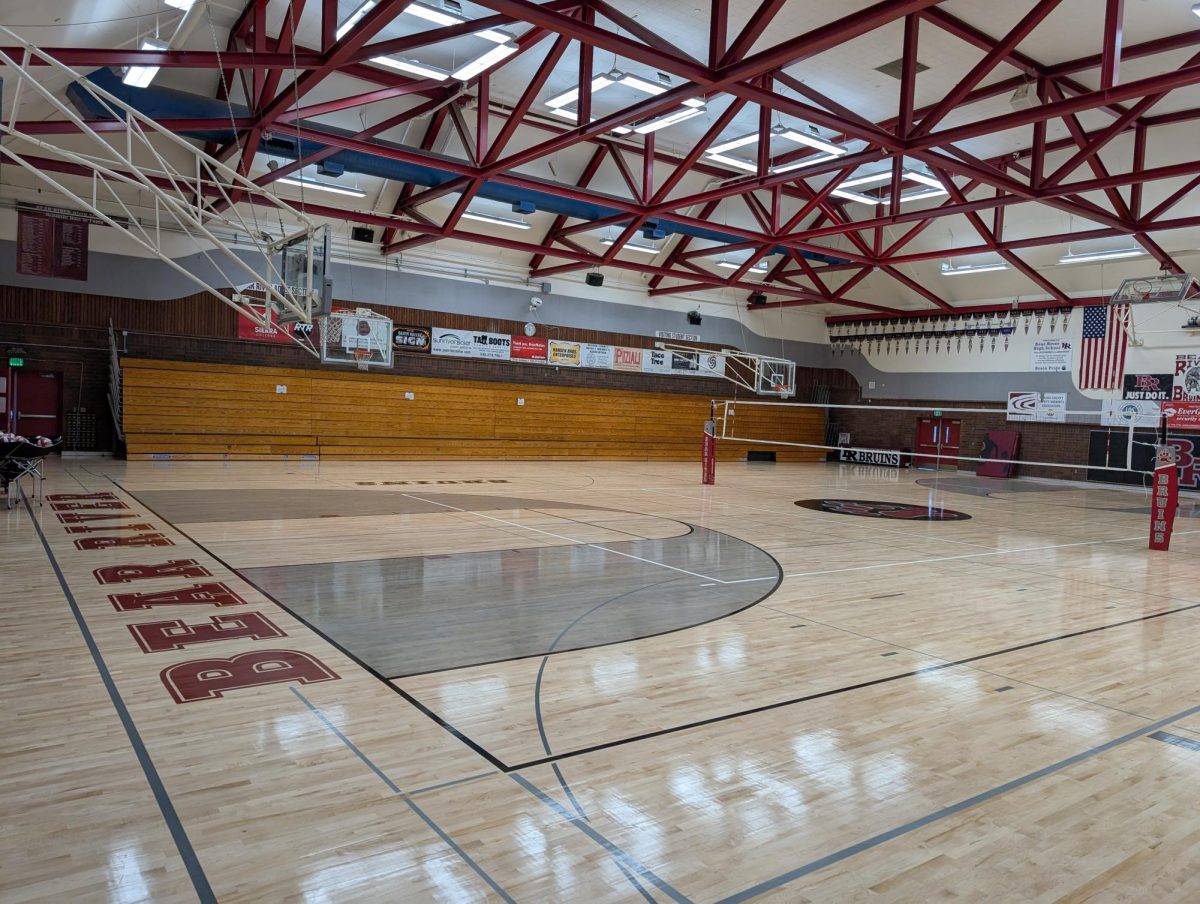Students and teachers feel disconnected with the administration after recent Wi-Fi problems across campus.
According to school officials, the administration reset the Wi-Fi at Bear River on Jan. 30 which returned the Wi-Fi to its “default” setting. The inconvenience of a limited Internet service forced students and teachers to take action and try to get it switched back.
“The administration didn’t know that the Wi-Fi was unblocked for months and they switched back because it’s a strict rule of theirs,” said Activities Director Matt MacDonald.
“The guest network has been set to ‘default’ settings, which prohibits social media sites and is much more restrictive than the network was in the past,” said Jason Bohrer, Bear River’s Computer Science teacher.
Students were not happy about the change.
“The school is censoring harmless content and websites,” said Hunter Kennedy, a junior.
“The administration is so heavily restricting what students can do online that it is actually inhibiting the learning ability in their educational environment,” said Benjamin Coffman, a junior.
“The district blocked the Wi-Fi from social media and other sites that shouldn’t be blocked,” said Amanda Potts, a senior.
District officials said the ‘default’ setting is the required state of online access at school.
“We thought it was blocked,” said Bob Lyons, the head of technology in the district. “It was supposed to be in ‘default’ with no social media to protect students.”
Students have a clear memory of when they noticed the problem.
“Two weeks ago Monday, I went to load Safari on my phone and it didn’t work,” said Jacob Rivett, a junior.
“After the three-day weekend, I noticed when I was trying to work on my AP Computer Science AP Explorer task that I couldn’t research on scientific websites about quantum computing,” said Kennedy.
“Last Monday I was in A Push and I looked up something on the industrial revolution and it was blocked,” said Brady Beskeen, a junior.
Teachers explained why the change in service happened recently.
“When we had the Staff Development Day, the guest network was opened all the way (no restrictions) because the entire district was here and needed access to a network,” said Mr. Bohrer. “At the end of the day, the District Tech people reset the guest network to ‘default’ settings, a more restrictive environment.”
“We removed restrictions on the guest network for presentations during the professional development day on Monday, Jan. 30 … and then locked it down to default afterward,” said Mr. Lyons.
Officials said there are no current plans to set the Wi-Fi back to its previous state.
“The FCC federal guide says you can’t have access to inappropriate websites,” said Mr. Lyons. “The FCC, e-rate funds, supplies the partial funding to run telecommunication and equipment links and can take it away if there is inappropriate usage.”
Teachers offered their opinions on what should be done.
“Nothing bad has been happening with the (usage of the) Wi-Fi so we think it would be fine to have it back,” argued Mr. MacDonald.
“Given that this is the way it was always supposed to be, I wouldn’t expect it to change,” said Mr. Bohrer.
Though the teachers have differing opinions, the students are clear on how they want the issue resolved.
“We started a petition (that goes around) at lunch and we’re bringing it to the board meeting,” declared Potts.
“We’re trying to get as many people to sign it as possible,” said Rivett.
“I’ve signed the petition and have been very vocal about my opposition,” said Kennedy.
“I’ve signed the petition in order to try and liberate the student body from the oppressive IT overlords,” said Coffman.
Mr. MacDonald supports the students’ commitment to the petition.
“Leadership got wind of (the problem) and decided to make a petition,” said Mr. MacDonald. “415 out of 630 students signed it and we weren’t even able to get it around to everyone (due to) our limited time frame.”
“All I do is support the arguments and decisions the students make,” continued Mr. MacDonald.
The administration is doing its best to appease both sides.
“We subscribe to a website filtering service that categorizes websites for us,” said Mr. Lyons. “The primary concern is to protect students and follow federal rules and regulations, so we’re trying to protect the Wi-Fi in a way.”
Students agree that the Internet limitations hampers their activities.
“I have been forced to access less trustworthy and disreputable sites,” said Kennedy.
“It’s a challenge to work around the restrictions they have in place,” said Coffman.
Mr. MacDonald is helping Leadership take action.
“(Leadership) made arguments on Wednesday, Feb. 8 to the board and now they are waiting for the board’s response,” he said. “We’re probably going to have to follow up.”
The administration is still standing firm on the choices they have made.
“Right now we just have the Wi-Fi blocked and don’t want students accessing inappropriate sites,” said Mr. Lyons. “We don’t make the rules we just enforce them.”
Mr. Bohrer offered his insight on the issue.
“Here’s the irony: We were the only site in the district that wasn’t already on ‘default’ settings, so we essentially have had more access than we were supposed to for the last year and a half,” he said. “In essence, the way it is now is ‘fixed.’”






